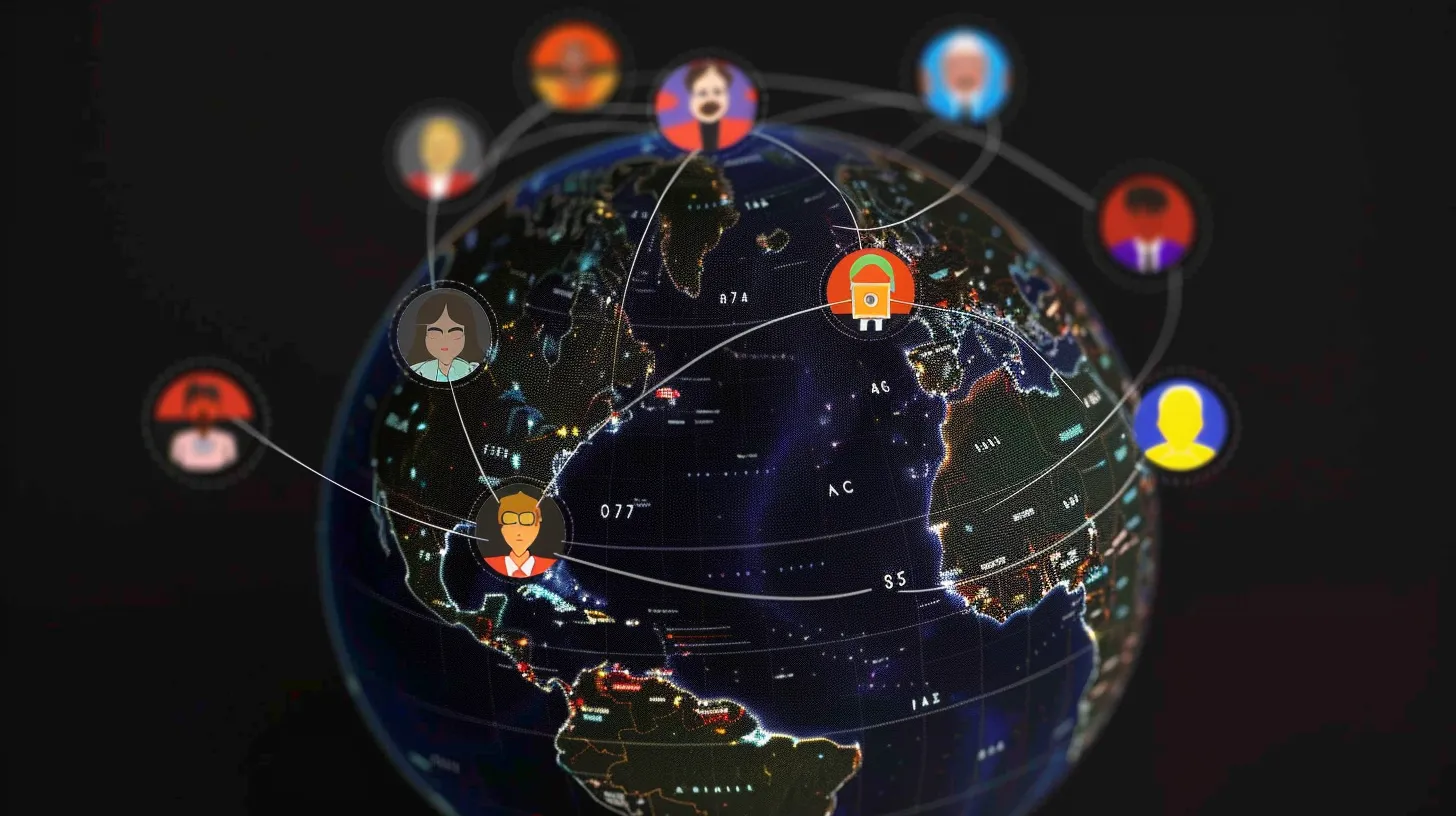Revolution in the Clouds: Decentralizing AI's Future
Listen to the Podcast
Will a new language model, trained across three continents, break Big Tech's AI monopoly?
Podcast brought to you by the hosts at NotebookLM

In the competitive and closely guarded world of artificial intelligence, Prime Intellect’s latest innovation, INTELLECT-1, may mark a watershed moment. This 10-billion-parameter language model, collaboratively trained across a decentralized network of contributors, is not merely a technical feat but a philosophical statement. It challenges the notion that AI progress must be the preserve of a select few corporate behemoths. Instead, INTELLECT-1 exemplifies how distributed ingenuity might disrupt an industry increasingly defined by its exclusivity.
At its core, INTELLECT-1’s development relied on a decentralized architecture—a kind of grassroots supercomputing. The training process pooled resources from independent compute providers spanning three continents, working seamlessly to process one trillion tokens. In a system traditionally dominated by monolithic data centers controlled by tech giants, the collaborative nature of this project is noteworthy. Up to 14 concurrent nodes contributed computing power, resulting in an efficient 83-96% compute utilization rate. This feat underscores the potential of shared infrastructure in producing powerful AI systems without reliance on centralized control.
The implications of this approach extend far beyond technical efficiency. In an industry where computing power has become the main bottleneck to progress, decentralization introduces a new form of access. High-performance infrastructure, often a luxury of the wealthy few, is now democratized. Individuals or smaller organizations with the necessary resources can contribute to the training of AI models, potentially fostering more inclusive innovation. As the AI community embraces decentralized computing, models like INTELLECT-1 offer a glimpse into a future where AI development is less reliant on the enormous capital expenditures required by traditional cloud providers.
Such a paradigm shift will undoubtedly reverberate throughout the commercial AI landscape, where players like OpenAI, Anthropic, and Microsoft have long had the upper hand. These companies are accustomed to controlling the AI training pipeline, leveraging vast data centers and exclusive research to develop next-generation models. The rise of decentralized architecture presents a direct challenge to this business model. OpenAI, for example, has famously partnered with Microsoft to secure access to Azure’s vast computing power. This collaboration has played a pivotal role in its ability to deliver cutting-edge models like GPT-4. But with decentralized systems like INTELLECT-1, the traditional dependency on such centralized infrastructure is called into question.
One of the most significant consequences of this shift could be the erosion of the control these commercial entities hold over AI development. By democratizing access to large-scale AI models, Prime Intellect’s approach opens the door to a new wave of independent researchers and smaller companies. These groups, once excluded from the high-stakes AI race, may now have the tools to push the boundaries of what’s possible. This could lead to a more diverse and open ecosystem, where innovation isn’t confined to the walls of corporate labs or a few research institutions.
For commercial AI giants, this evolution presents both opportunities and challenges. On one hand, the ability to tap into a decentralized network for model training and fine-tuning could lower costs and accelerate development timelines. On the other hand, it risks diminishing the monopoly these companies have on the most advanced models. As models like INTELLECT-1 become more sophisticated, their open-source nature could enable competitors to leapfrog proprietary systems developed by established players, creating a more competitive, dynamic market.
Moreover, the rise of decentralized AI could have profound implications for the regulatory landscape. Governments and regulatory bodies will likely begin to scrutinize these new developments closely, particularly as models of INTELLECT-1’s scale become more widely accessible. The notion of accountability and ethical oversight, already a complex issue in AI development, could become even more intricate in a decentralized environment. Who is responsible for the outputs of an AI system trained across a global network? How should the data used in such training be governed? These questions will no longer be the concern of a few corporate entities but of a global community of contributors, further complicating the regulatory framework.
While the challenges are substantial, the potential benefits of this shift are equally profound. Decentralized AI opens up new avenues for innovation, reduces the concentration of power within a few corporations, and allows a more diverse range of voices to shape the future of AI. It creates a space where the next major breakthrough might come from an independent researcher in a small office rather than a Silicon Valley startup.
As INTELLECT-1 takes its place among the growing roster of advanced AI models, it serves as a reminder that the future of artificial intelligence is not predetermined. A decentralized, collaborative approach could very well reshape the AI industry, creating a more open, accessible, and competitive ecosystem for generations to come.